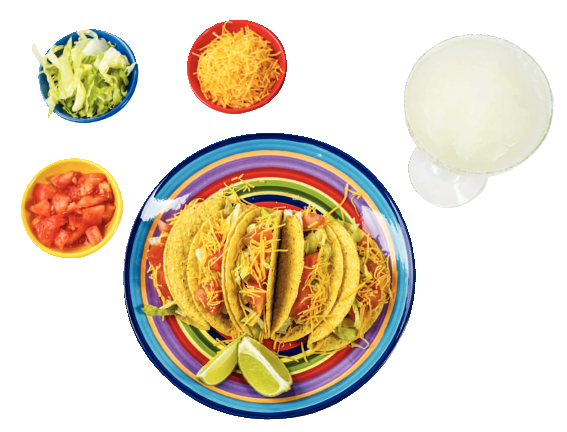Hi Yana!
My partner and I have been together for three years. In general we have a really great relationship with solid long-term goals in common and enjoy each other in many ways. However, it seems like occasionally we go through long stretches of poor communication, the last of which left me feeling fairly estranged for awhile even though we live together.
We have pretty different personalities; in lots of ways it’s great and we totally balance each other, but we have very different ways of showing/receiving love. I need lots of affection and reassurance and love to show people I care through small “special” gestures, he needs alone time and doesn’t really understand “special things” or gifts.
Sometimes I feel like one of us will have to fundamentally change for us to work long term without these horrible cold spells that leave me feeling rejected. What’s the line between getting what you need from a partner and accepting them for who they are/what they’re able to give you?
Thanks!
Feeling Frosted
Dear Frosted,
In 2015, Dr. Gary Chapman wrote the book The Five Love Languages which delineates the five ways people give and/or receive care from their mates. Though some guffaw at the idea of being stuffed into five limiting boxes of behavior, many found solace in the book’s explanations of their own and each other’s way of relating and it became a popular success.
To explain them succinctly in the style of one of my favorite Instagram memes (and favorite meals), the 5 Love Languages boil down to:
Words of Affirmation:
“Your tacos are delicious.”
Acts of Service:
“I made you tacos.”
Receiving Gifts:
“Here’s a taco.”
Quality Time:
“Let’s go out for tacos together.”
Physical Touch:
“Let me hold you like a taco.”
Personally, I think how we relate is a little more complex than this, but I do think the concept can be a useful tool. When folks bring up the love languages in their couples therapy work with me, I like to use them as a jumping off point to talk about the ways in which we can intentionally show our partners that we care. Meaning, the love languages aren’t that useful if we’re like “Well, I’m just not a ‘Words of Affirmation’ person sooooo whaddyado?” They can be more useful if understood as a means of knowing what helps our partners feel more secure and when to utilize that info to strengthen our relational bond.
For example, if I’m not organically an ‘Acts of Service’ person, but I know it means a lot to my partner to receive that type of care, I might intentionally take his car to get an oil change as a way to show that I’m paying attention to the love expression that positively impacts him the most.
Similarly, knowing how your partner organically expresses his care can be helpful in reading the intentions behind his behavior. So, let’s say you could give two shits about Physical Touch but holding you like a taco is your partner’s primary mode of expressing his feelings for you — knowing this might help you be better able to read the emotion and care behind his physical affection.
As for the line between acceptance and getting what you need out of a relationship: this is a balancing act that I believe is the main chunk of work done in couples therapy. So many (often shifting) variables affect what we want, need, and can accept/give in a relationship. On the one hand, it’s important to realize that no one person can be everything we want or need. Similarly, it can’t be that our partner is the only one who needs to change while we just kick back and wait.
On the other hand, doing the work to find this balance can’t only be up to you and if your basic relational needs aren’t being met despite (self and relational) work and communication, it may be time to re-evaluate.
So, while I don’t think that “Leave me alone unless you’re giving me gifts that I won’t appreciate” isn’t really an acceptable “love language” issue, I also don’t think that “One of us will have to fundamentally change” is the answer either. Keep digging into it like you might with a plate full of tacos.
Yana Tallon-Hicks is a relationship therapist, sex educator, and writer living in the Pioneer Valley. You can find her work and her professional contact information on her website, yanatallonhicks.com.



